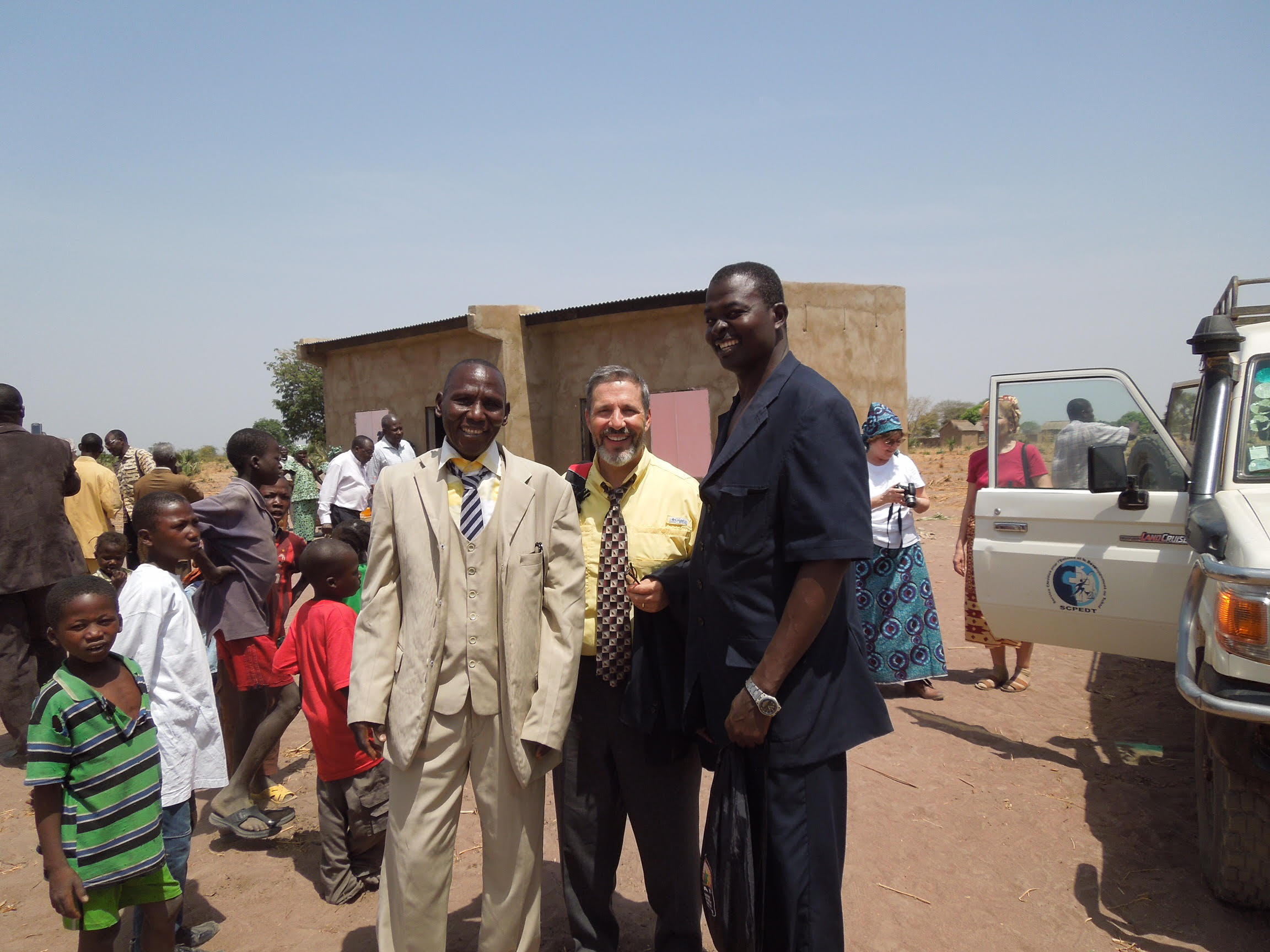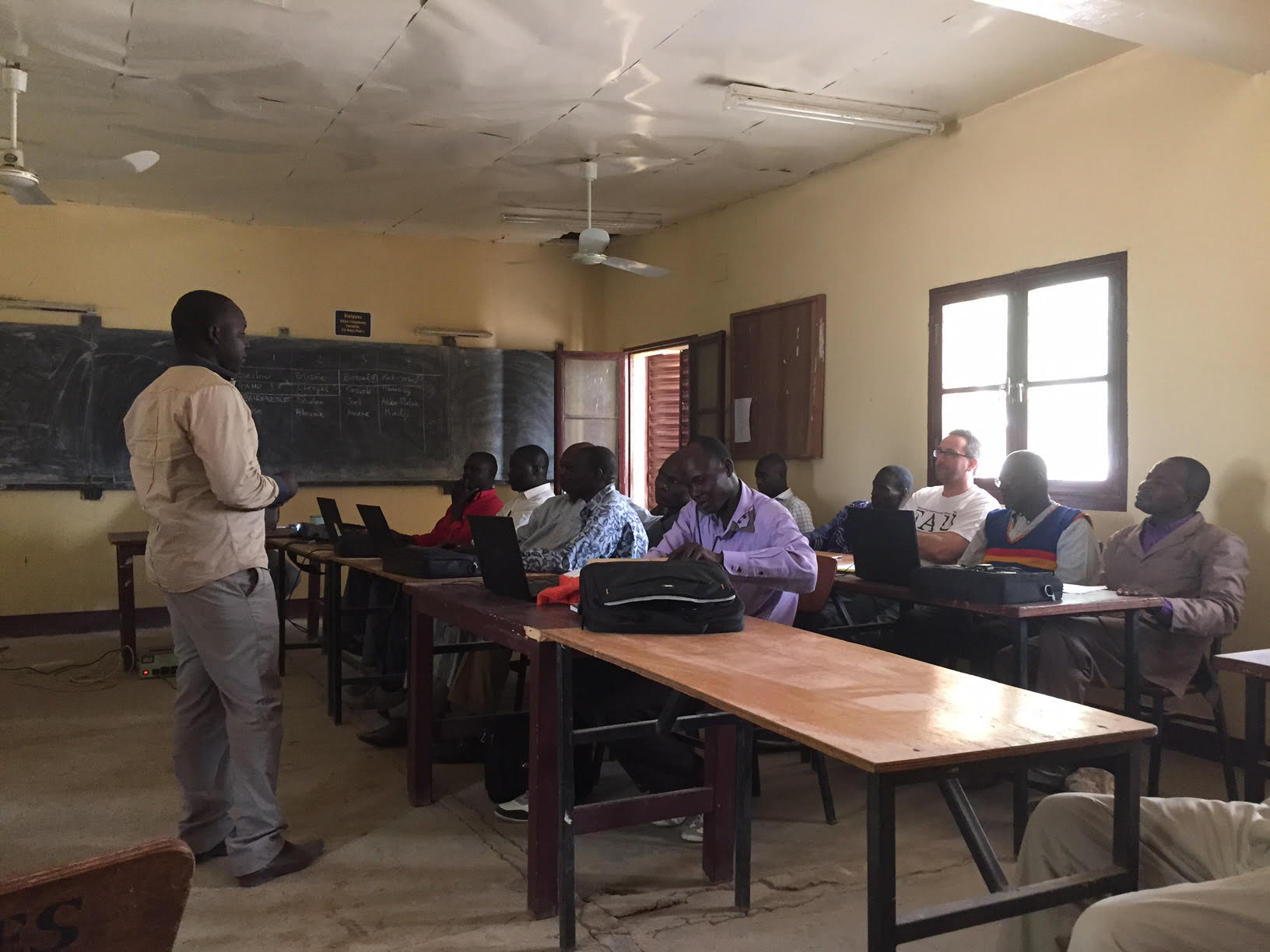Forgotten.
The word describes a land so stricken with poverty that children spend their time running through fields searching for rodents to eat. It describes the country of Chad.
For decades the continent of Africa has filled countless news cycles with depictions of civil war, religious persecution, poverty, and genocide. But Chad is often overlooked. It is overshadowed by the bloodshed and chaos of surrounding nations like Sudan, Libya, Nigeria, and the Democratic Republic of Congo.
Dying Nation
Nearly 50 percent of Chad’s people are younger than 15. With a life expectancy of 47 years, the population—and the country—is dying. A constant influx of refugees from bordering countries who seek a safer place, including those escaping the terror of Boko Haram in Nigeria, further destabilizes Chad. But the foreigners arrive in one of the poorest countries in the world, without clean drinking water, food, and health services.
As more refugees flee into Chad, the country’s Muslim population is also rising. The task of preparing ministry leaders among its 2.5 million Christians remains crucial. And yet, like many other nations in the Global South, Chad suffers from insufficient access to theological resources. Its biblically illiterate communities are deeply vulnerable to misleading exegesis and false teaching.
Hope at the End of the Earth
One organization stands as a beacon of hope for the church in Chad. Responding to the pleas of a Chadian pastor in the late ’90s, Mission: Chad began supporting churches through theological training, humanitarian aid, and social justice. Its primary area of focus is support of the Shalom Faculty of Evangelical Theology (FATES)—the only Protestant degree-granting Bible school and seminary in Chad.
In February 2015, Mission: Chad board member Dr. Buz McNutt visited the country. Struck by its barren landscape, extreme poverty, and isolation, he referred to Chad as “the last frontier . . . the end of the earth.” McNutt, pastor of First Baptist Church Boynton in Boynton Beach, Florida, brought 50 copies of John Piper’s The Dangerous Duty of Delight for FATES students and faculty members. He partnered with The Gospel Coalition International Outreach’s (TGC IO) Packing Hope program to acquire the free theological resources.
Break the Silence
The Dangerous Duty of Delight is an abbreviated version of Piper’s much acclaimed—and much longer—book, Desiring God. Though it’s less than 100 pages, the book makes clear that finding joy in God transforms the believer’s worship, marriage, money, missions, perspective—everything.
“We were so excited to get our hands on solid theology in a package that is digestible and in a size that is portable,” McNutt said.
The president of FATES echoed McNutt’s gratitude. He thanked TGC IO for both the books and for “breaking the silence” by drawing attention to the plight of Chad and the needs of ministry leaders who hunger for words of life that point to the only One who can truly heal their land.
Is there enough evidence for us to believe the Gospels?
 In an age of faith deconstruction and skepticism about the Bible’s authority, it’s common to hear claims that the Gospels are unreliable propaganda. And if the Gospels are shown to be historically unreliable, the whole foundation of Christianity begins to crumble.
In an age of faith deconstruction and skepticism about the Bible’s authority, it’s common to hear claims that the Gospels are unreliable propaganda. And if the Gospels are shown to be historically unreliable, the whole foundation of Christianity begins to crumble.































